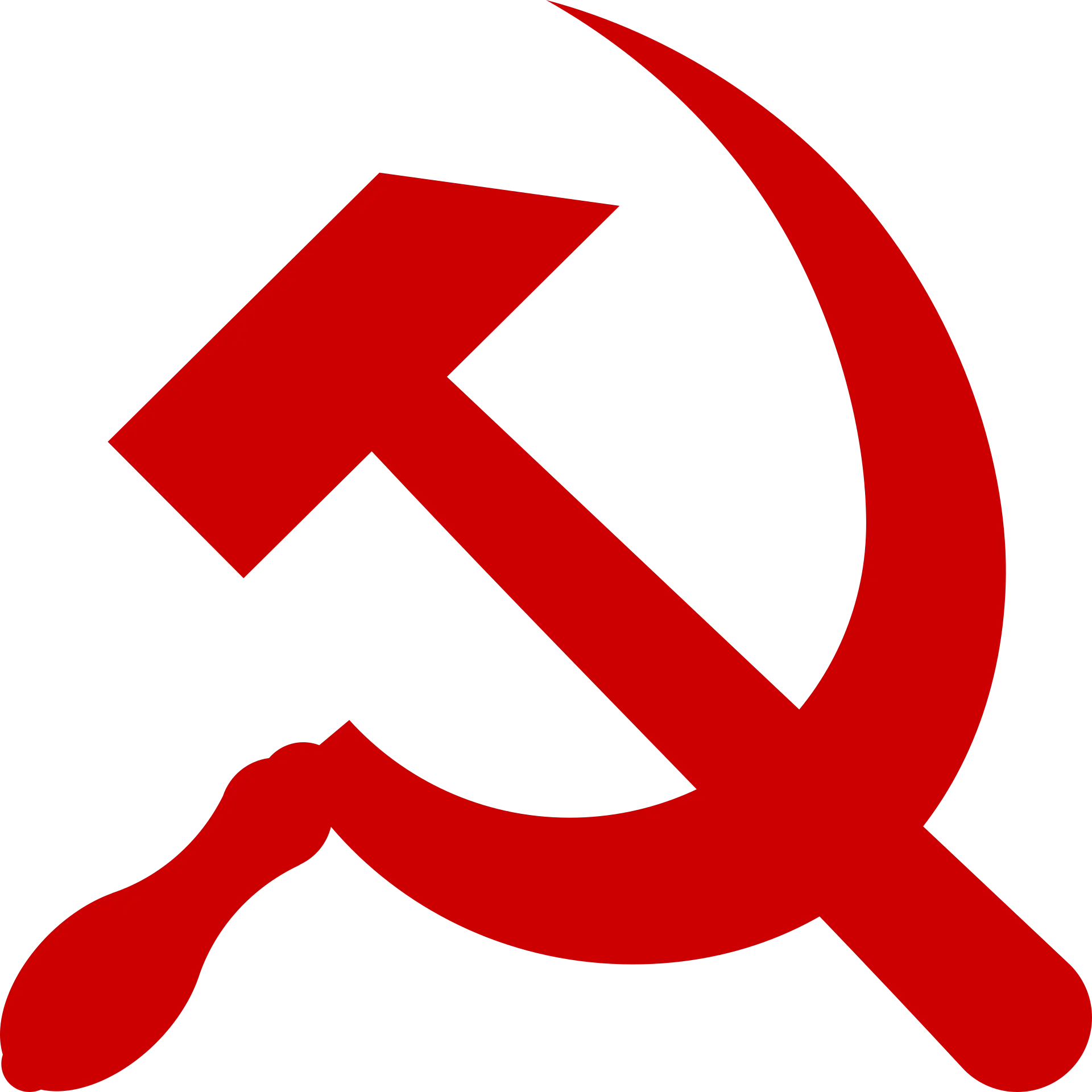We can look at the question from the following perspective. If we accept the premise that China operates under state capitalism, what implications does that hold? At its core, capitalism is defined by private ownership of capital, where individuals or entities control labor’s objectives and structure. Enterprises under this system exist primarily to expand their owners’ wealth, with any societal benefits emerging only as incidental byproducts.
State-owned industries, however, serve a fundamentally different purpose, even if their organizational structure superficially mirrors private enterprises. Their primary aim is to mobilize labor toward socially beneficial objectives such as constructing infrastructure, expanding housing, ensuring food security, and similar public goods. Crucially, capital accumulation by private individuals is absent in this model. Profits generated by state industries are reinvested directly into public services, infrastructure, and long-term national development.
While valid critiques can be made about organization of SOEs or potential worker alienation within their hierarchies, the system’s focus on collective welfare, rather than private profit, makes it fundamentally different from actual capitalism. When evaluated by its capacity to prioritize societal needs over individual wealth extraction, this framework is clearly superior.


I did respond to this though, this is the “one drop” rule and means Socialism has never existed, and is a Mode of Production unique among all in history in that it can only exist as a “pure” system in your eyes.
The Dictatorship of the Proletariat holds firm control of key industries and heavy industry in China, the Capitalists exist but hold no real power, just as Marx and Engels described the gradual expropriation of Capital from their hands.
Can you give an example of a Socialist country so we can compare and contrast? Let’s not resort to emotional attacks, we’ve all presumably read Marx here, let’s focus on reaching an understanding.